The Area
Toulouse is a city of 700,000 inhabitants located in the South of France, capital of the Midi-Pyrénées region. It is located on the banks of the Garonne, close to the Pyrénées and halfway between the Atlantic Ocean and the Mediterranean Sea. It is well known for some remarkable monuments and some worldwide famous products and companies.
The warm glow of red bricks and tiles gives Toulouse its nickname, "La ville rose" (the rose red city). Culture is a keyword in Toulouse. The city is proud of its operatic traditions and has long nurtured music and entertainment: dance, theatre etc.
The rich history of Toulouse is reflected in the city's architectural splendours, such as The Saint-Sernin basilica - the largest romanesque church in Western Europe, the Saint-Etienne cathedral, and the "Capitole", housing the City hall and theatre, with its incomparable façade. Toulouse, a modern city, has also preserved its picturesque outdoor markets. Even in winter, the people of Toulouse enjoy life outdoors, when the sunshine draws customers to relax in the sidewalk cafes. The people like to go out, and cafes and restaurants are crowded late in the evening.
Development within Toulouse has been controlled, respecting the city's all-important quality of life. With its jumble of old streets, lively café terraces, colourful markets and russet roofs, this ancient city has become home to a unique mix of high-tech industry and the arts.
Activities
Sport is also a tradition here, especially rugby, Toulouse being the head city for this sport in France. Other activities include tennis, swimming, walking and ice skating.
Toulouse is the centre of a touristic region. You may visit the 'Chateaux cathares' (castles), the prehistoric painted caves, remarkable towns and villages such as Albi, Cordes, Conques and Saint-Cirq Lapopie, the old walled city of Carcassonne, and of course the natural landscapes of the Pyrénées mountains.
1. Signing the Agreement (Compris)
On finding a property you wish to purchase you will need to negotiate the terms, price and conditions of the sale with the owner.
The next step, once you are in agreement, is to sign the preliminary contract (Compromis de Vente). This is a legal document and after ten days will be binding on both parties. Rules change frequently in France and it is best to consult with your notary about when this period starts. Generally the compris will be signed in France with the Agent.
Variants can be included in the compris, for example an Acte (clause) can be added if the name or names to go on the title deed have not been finalised. If a mortgage will be required to purchase the property, the details for this, including the name of the mortgage company, must be on the compris.
2. Paying the Deposit
Generally the deposit will be 10% of the agreed purchase price. This will normally be paid to the notaire. There are exceptions to this, if the agent holds a carte professionelle, is bonded and fully registered then you may pay them, but do not hand over the deposit to anyone else. If for some reason the purchase does not go through, for example, if you write to the notaire and the agent that you do not wish to go continue with the purchase before the contract is binding (within seven days of signing the compris), then your deposit would be repaid. This would also apply if a condition had not been met, or the mayor or S.A.F.E.R. (a government agency that has the right of first purchase on most rural property that comes onto the market in France) could oblige the purchaser to give way. If you decide after the seven days 'cooling off' period that you do not wish to complete the purchase and pull out of the sale you would lose your deposit. If however the vendor pulls out of the sale then you will receive your deposit back plus the same amount from the vendor.
3. On Completion
Generally it will take around two or three months to complete the purchase.
During this time the balance of the purchase money must be paid into the account of the notaire, this must be done well ahead of the completion date. The notaire will prepare the documents, check that the deed of sale (Acte de Vente) is in order and have the legal title ready to be signed over. It is possible to have someone sign on your behalf if you give them power of attorney. An interpreter may be of use at this point if your French is not very good and many Notaires will suggest (or insist) that an interpreter is with you.
IMPORTANT - Disclaimer :
All information provided is believed to be current and provided free of charge. No liability can be accepted for the reliability of the information and statements made as this is obtained from 3rd parties. We always recommend you take legal advice from a fully qualified Lawyer or Notary before buying a property overseas.
Close
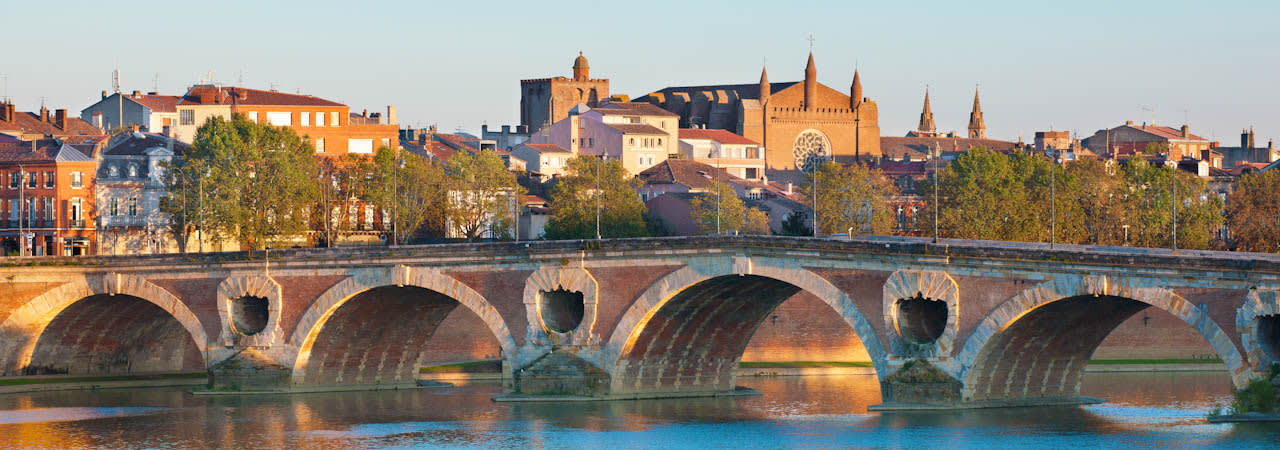


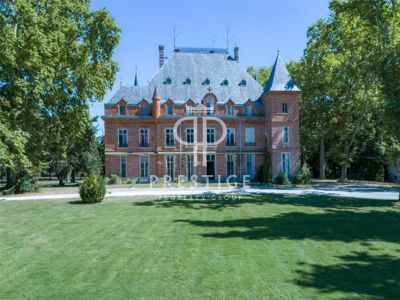
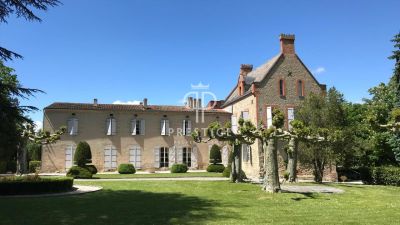

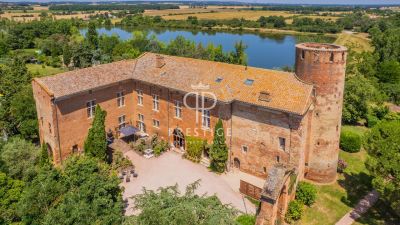
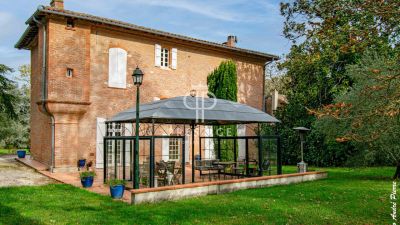
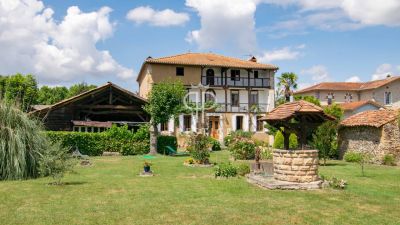
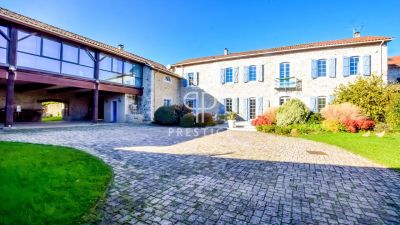

 Facebook
Facebook Twitter
Twitter Instagram
Instagram